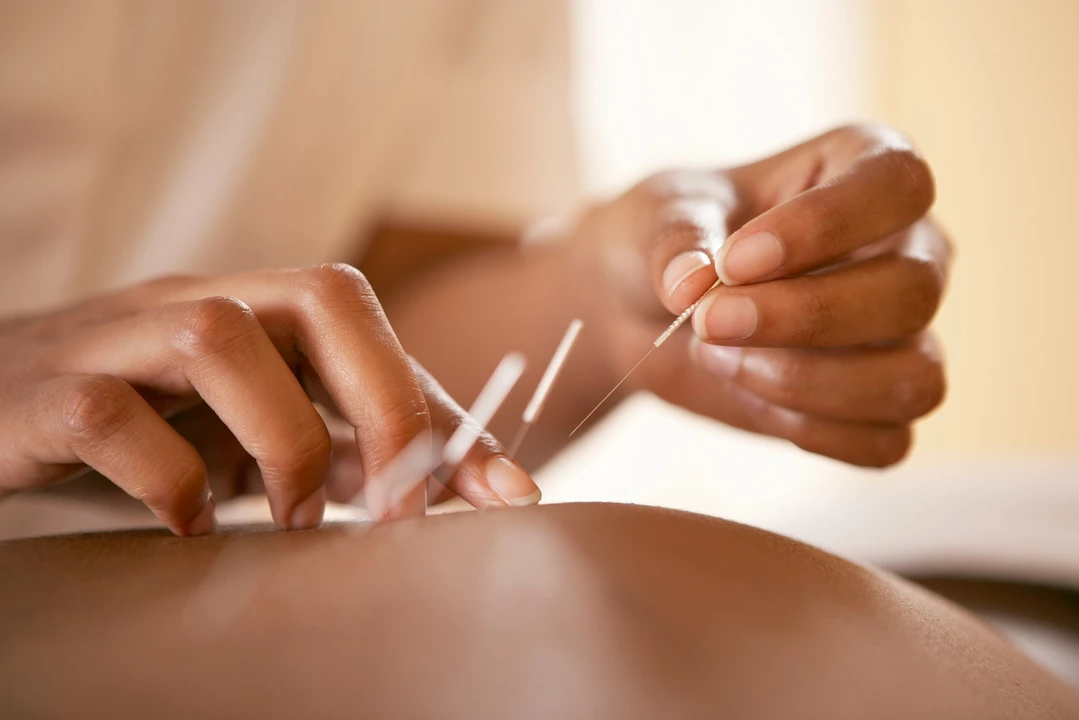Acupuncture: What It Treats, How It Works, and Safety Tips
Acupuncture is a traditional practice that uses thin, single-use needles to stimulate points on the body. People try it for pain, headaches, stress, nausea, and fertility support. This page gives clear, practical info so you know what to expect, how to stay safe, and when to see a doctor instead.
What acupuncture helps with
Research shows acupuncture can reduce chronic pain like low back pain, knee pain, and some types of headache. It often helps people who don’t get full relief from medicines. Clinically, acupuncture also eases nausea after surgery or chemotherapy, and some women report benefit for fertility and menstrual cramps. Results vary: some get fast relief, others need several sessions.
How a typical session goes
You’ll start with a short health check and goals for treatment. The practitioner cleans the skin and inserts very thin needles that usually cause little or no pain—sometimes a dull ache or tingling. Needles stay in place 10–30 minutes. You lie relaxed, often with calm music or quiet. Many people nap or feel loose afterward.
Electroacupuncture uses a small current between needles. That can be helpful for stronger pain relief but mention any pacemaker or implant to your practitioner first.
Safety, side effects, and red flags
Acupuncture is generally safe when done by licensed providers who use sterile, single-use needles. Common mild effects include local soreness, slight bleeding, or bruising where needles were placed. Rare problems include infection or injury when done improperly.
Tell your practitioner if you take blood thinners, are pregnant, have a bleeding disorder, or have a pacemaker. Also report dizziness during or after a session. If you experience severe pain, shortness of breath, or heavy bleeding, get medical help right away.
How to pick a good practitioner
Choose someone licensed in your region and trained in medical history review. Ask these questions: Do you use single-use needles? How many years have you practiced? Can you share references or patient outcomes? A good practitioner will welcome medical questions and coordinate care with your doctor.
Check credentials with local licensing boards or professional acupuncture associations. If you want acupuncture for a specific medical condition, ask about experience treating that issue.
Practical tips before and after treatment
Eat a light meal before your session and wear loose clothing. Avoid alcohol or heavy exercise right after. Note any changes in symptoms and share them at follow-up visits—this helps tailor the program. If you’re combining acupuncture with medication or other therapies, tell both providers so they can coordinate safely.
Acupuncture can be a helpful tool for pain and symptom relief, but it’s not a cure-all. Use it as part of a plan that includes medical advice, especially for serious or new symptoms. If you need help finding a local licensed practitioner, contact our support team at Canadapharmacy24h.com for resources and questions.

The Benefits of Acupuncture for Eye Cancer Patients
May 6 2023 / Health and WellnessAs a blogger, I have recently come across the amazing benefits of acupuncture for eye cancer patients. Acupuncture, an ancient Chinese practice, has been found to relieve pain, reduce inflammation, and improve blood circulation in the affected area. Furthermore, it helps to alleviate common side-effects of cancer treatments such as nausea and fatigue, making the healing process a little easier for patients. In my opinion, incorporating acupuncture into the treatment plan of eye cancer patients can significantly improve their quality of life and overall well-being. Give it a try and see the difference for yourself!
VIEW MORE